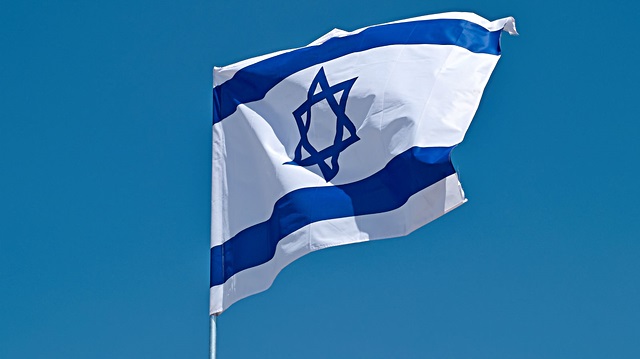
Israeli equipment has helped oppressive regimes around the world silence dissent, Haaretz probe finds
The investigation also found that Israeli firms had sold espionage equipment to buyers who were publicly known to be using them for malicious purposes.
The newspaper went on to say that the probe had corroborated earlier reports of Israeli sales to Mexico, Uzbekistan, Kazakhstan, South Sudan, Honduras, Peru, Colombia, Uganda, Nigeria, Ecuador and the United Arab Emirates, among others.
According to Haaretz, most of the employees with whom the newspaper spoke declined to have their testimonies appear in the report, mainly because they had signed strict non-disclosure agreements.
Those who agreed to discuss their role in the industry, meanwhile, appear in the report under false names.
“While some CEOs spoke, others preferred to toe the secrecy line and spout the usual response,” the paper asserted.
The Israeli Defense Ministry, for its part, said in a statement: “The Defense Exports Control Agency operates under the aegis of the Supervision Law to safeguard Israel’s strategic interests. The supervision is carried out according to [international] conventions and is applied in the light of international standards.”
It added: “The supervision policy is examined frequently in accordance with diverse considerations, including considerations of upholding human rights. The Foreign Ministry, which also attaches great importance to human rights, takes part in the decision-making process.”










